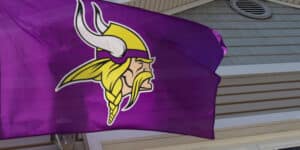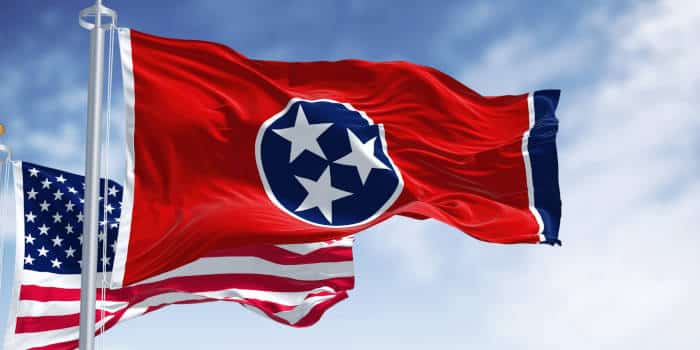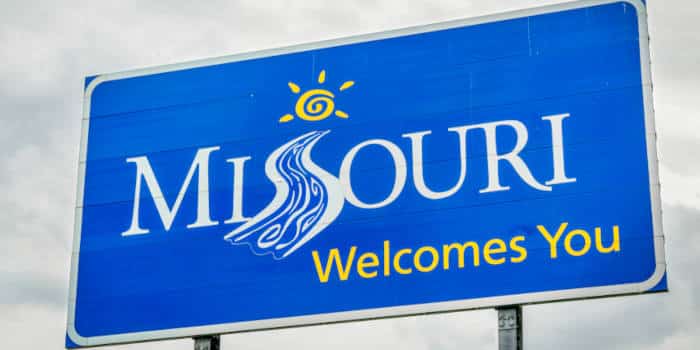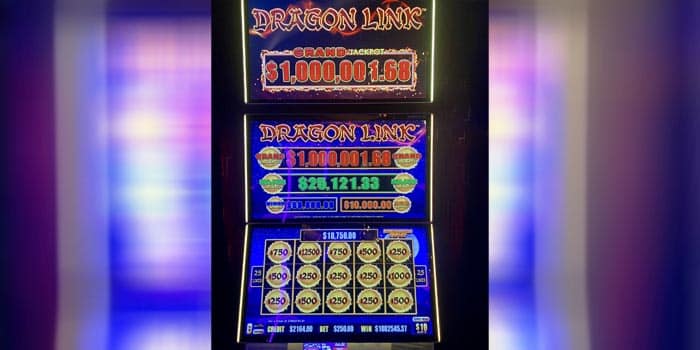- Casino
- By State
- Alabama
- Alaska
- Arizona
- Arkansas
- California
- Colorado
- Connecticut
- Delaware
- Georgia
- Florida
- Hawaii
- Idaho
- Illinois
- Indiana
- Iowa
- Kansas
- Kentucky
- Louisiana
- Maine
- Massachusetts
- Maryland
- Michigan
- Minnesota
- Mississippi
- Missouri
- Montana
- Nebraska
- Nevada
- New Hampshire
- New Jersey
- New Mexico
- New York
- North Carolina
- North Dakota
- Ohio
- Oklahoma
- Oregon
- Pennsylvania
- Rhode Island
- South Carolina
- South Dakota
- Tennessee
- Texas
- Utah
- Vermont
- Virginia
- Washington
- West Virginia
- Wisconsin
- Wyoming
- By State
- Slots
- Poker
- Sports
- Esports
Fact-checked by Velimir Velichkov
Arbitrator Approves Class Action Lawsuit Against L&W
More than 100 casinos disagree with the company's dominance in the card-shuffling niche and while some claims vary, an arbitrator confirmed they can join in a single class action suit

Earlier this week, an arbitrator greenlighted what can be described as the first-ever certified antitrust arbitration class action lawsuit in the United States.
Class Action Is Cost-Efficient and Fair, Arbitrator Concludes
The case involves Light & Wonder (L&W), the recognizable provider of software, games and technology for the global gambling industry, and more than 100 casinos. The years-long legal battle stems over an alleged monopoly the company attempted to enforce for casinos using its card-shuffling machines. Claims against L&W state that the company used a fake patent to monopolize the niche market. However, many casinos disagreed, with more than 100 seeking antitrust and other claims against L&W.
In the latest development of this legal hurdle, arbitrator John Wilkinson with the American Arbitration Association (AAA), ruled last week that the casino claims can be put forward in a single class action lawsuit against L&W. While the decision came last week, it was announced publicly on Tuesday and represents a cornerstone in the ongoing legal battle.
As explained in Wilkinson’s ruling, class action arbitration is not only the fairest but also the most cost-efficient way to resolve the claims by the casinos against the company. The arbitrator said that if all 112 individual claims by separate casino operators are reviewed separately, there may be “potentially different discovery for each individual case; duplicative and disruptive hearings that could well lead to conflicting final results; possible inconsistent results on legal and evidentiary issues; and unnecessary expense and exponentially inflated costs and attorneys’ fees, among many other things.”
“In this case, class arbitration is by far the fairest and most efficient method for resolving the antitrust claims of proposed class members,“
wrote John Wilkinson, an arbitrator with the American Arbitration Association
Proceeding on an Individual Case Basis Would Violate AAA’s Rules
A class arbitration is also the best way to resolve the claims as an individual approach for every suit would be in violation of AAA’s primary rule of delivering a cost-effective method for proceedings, Wilkinson added. While the arbitrator acknowledged some “individual issues,” he concluded that those cannot justify the review of each and every claim separately.
Previously, L&W argued that the claims of the casinos varied, requesting each suit to be reviewed separately. Judging by Wilkinson’s ruling, he disagreed with that point and not unexpectedly acknowledged the heavy legal fees that may incur from such processing and possible inconsistency in rulings.
The antitrust lawsuit was initiated by Tonkawa Indians of Oklahoma back in 2020 against L&W which was then Scientific Games Corp. The Tribal operator alleged that the company stifled competition in the card-shuffling market while charging more for such machines. Scientific Games Corp. has gone through rebranding to L&W back in 2022.
Related Topics:
After finishing her master's in publishing and writing, Melanie began her career as an online editor for a large gaming blog and has now transitioned over towards the iGaming industry. She helps to ensure that our news pieces are written to the highest standard possible under the guidance of senior management.
Must Read
Legal
July 10, 2025
Italian Court Clears Betsolution Ltd of Mafia Links
More Articles






Poker
July 17, 2025
Michael Mizrachi Takes WSOP Main Event, Wins $10M

Industry
July 17, 2025
New Jersey Gaming Posts $581.6M in Revenue for June

Industry
July 17, 2025
PAGCOR to Pre-Screen Gambling Ads Before Going Live

Industry
July 16, 2025
Iowa Regulator Slams FanDuel with $125K in Fines

Industry
July 16, 2025
Ukraine Wants Real-Time Online Gambling Oversight












